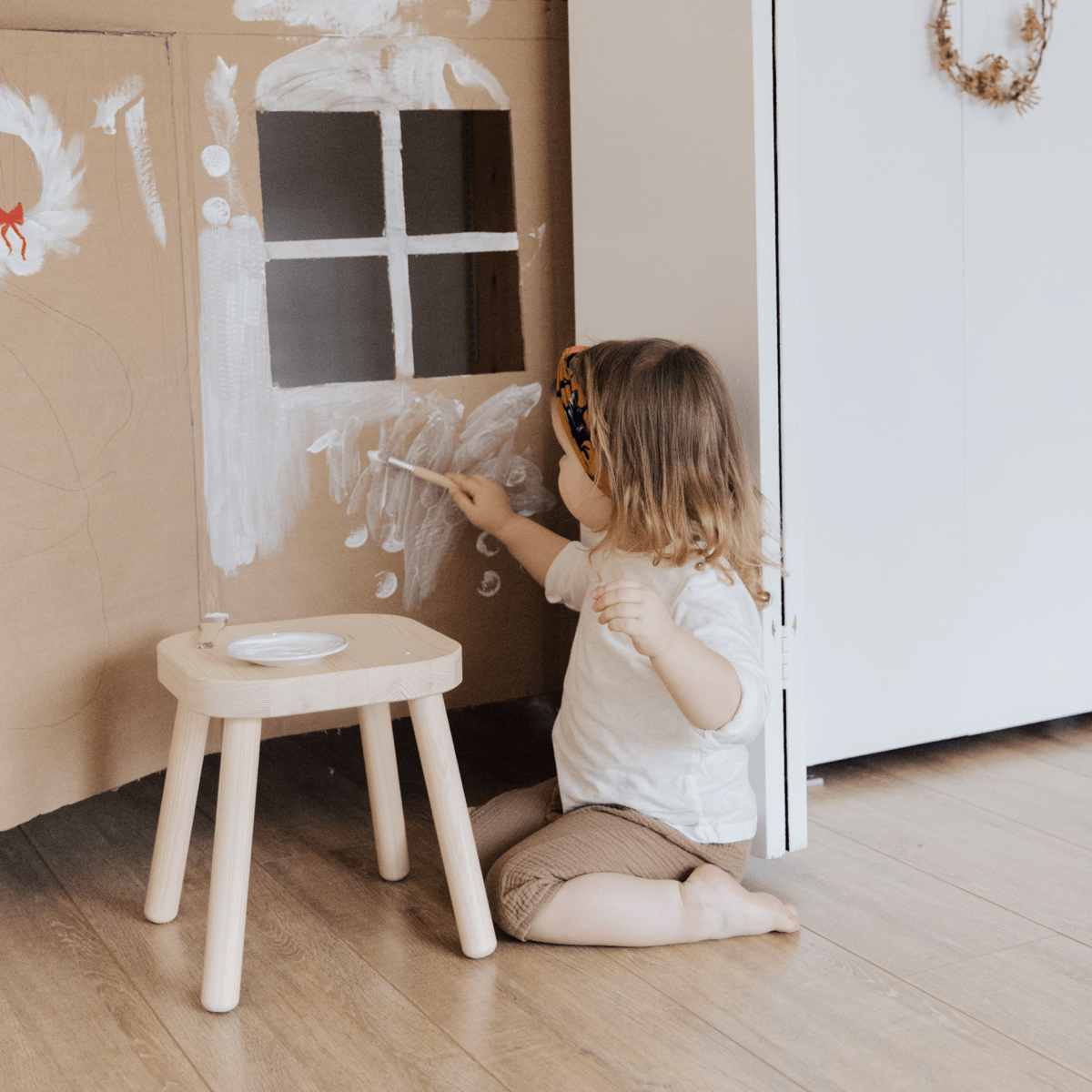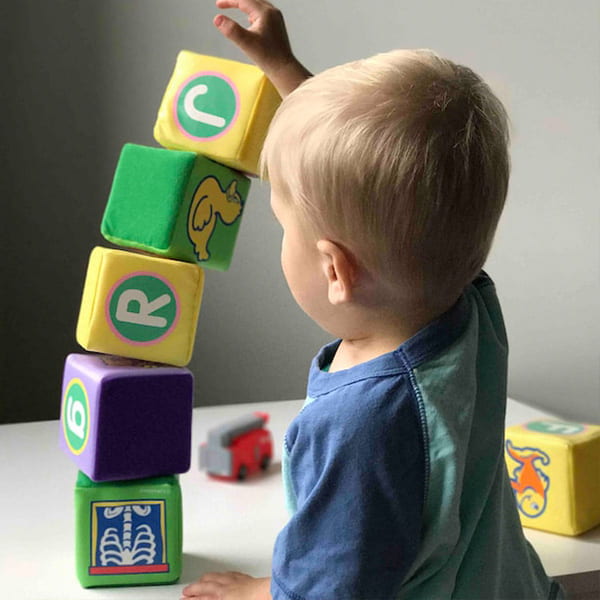For Parents & Caregivers
How Our Studies Work
Our individualized, evidence-based practices support better communication and understanding for children and caregivers.
Early Intervention is a federally-funded home visiting program that provides support and services (e.g., speech therapy) to families of children under three-years-old with developmental disabilities or delays. The EIRG focuses on language and communication. Our goal is to find the most effective interventions for parents, children, and clinicians. Additionally, we care about early access and helping children get identified sooner because intervening early in a child’s life can help them excel in years to come.
We are a group of clinicians (speech-language pathologists, developmental therapists, social workers, etc.), caregivers, community members, researchers, and students. Through federally funded research projects, we provide families and clinicians access to additional services and supports. We use this research to maximize family and child outcomes and improve early intervention systems.
What Participants are Saying
Ongoing Research
Explore Current Studies
Supporting Families in Early Intervention
Empower EI: Comparing Early Intervention Approaches to Improve Communication in Toddlers with Developmental Delays
This study will help families access the information and resources they need to best support their child during early intervention. Results of this study will be informative to caregivers of children with developmental delays, early intervention therapists, service coordinators, and policy makers to maximize effectiveness of EI services and improve children’s long-term communication and health outcomes.


Supporting Communication & Behavior
Sequencing Methods for Autism: A Randomized Trial (SMART)
This project examines how caregivers can learn social communication strategies, behavior regulation strategies or both sets of strategies to support autistic toddlers’ communication and behavior.
Advancing Autism Diagnosis
The Reduce The Wait Project
The Reduce the Wait project is a federally funded research study that will provide autism evaluations to over 1,000 children enrolled in the Illinois Early Intervention (EI) program.
Our goal is to find new and quicker ways to diagnose autism in young children. We want to make the autism diagnostic process efficient, accurate, and supportive for families of children enrolled in EI.

Changing Lives
